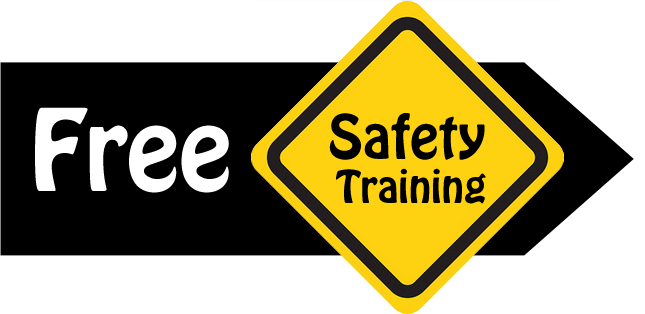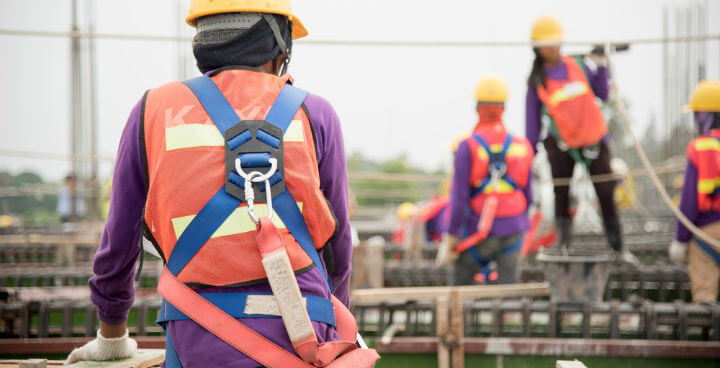
Tips to Help a Heart Attack Victim
A heart attack occurs when the supply of blood to the heart is blocked abruptly, normally by a blood clot. Contrary to what many people think, a heart attack doesn’t occur during strenuous activity or a time of extreme stress. Although these things increase the risk of heart attacks, a heart attack can happen anywhere at any time. In fact, heart attacks mostly happen during such daily activities as sitting on the couch, shopping, sleeping, or even after waking up after a great night’s sleep.
Signs of a heart attack
The first step towards helping a heart attack victim is to know when the event is occuring. However, heart attack symptoms vary from person to person. Most heart attacks begin with crushing chest pain, but that’s only half the story. Not all of them start with sudden chest pain. In fact, some heart attacks don’t have symptoms at all, especially those that occur in diabetic people. Common warning signs of a heart attack include:
- Chest discomfort that feels like a squeezing pain, achiness, or pressure that can last for a few minutes or goes and comes back
- Discomfort or pain that goes beyond the chest to other upper body parts like arms, back, jaws, teeth, neck, or stomach
- Unexplained shortness of breath
- Dizziness or collapse without warning
- Unexplained fatigue
What to do when someone is having a heart attack
1. Call 911
If someone is experiencing chest discomfort and other heart attack symptoms, you should call 911 right away. While your first instinct may be to drive them to the hospital yourself, it’s advisable to wait for an ambulance unless you have received advanced cardiac life support lessons. Emergency medical personnel can begin treatment on the way to a healthcare facility and are also trained to revive the victim if their heart stops.
2. Act quickly
Failure to act quickly decreases the chances of survival. If treatment begins quickly after the symptoms begin, it can help to stop a heart attack.
3. What to do before the medics arrive
Try to keep the heart attack victim calm by having them lie or sit down. You should also loosen any tight clothing. The heart attack victim may be worried of dying of a heart attack but keeping them calm reduces anxiety which is known to worsen a heart attack. If the heart attack victim is not allergic to aspirin, give them one tablet and have them chew it slowly. Aspirin prevents blood from clotting and can reduce heart damage in case of a heart attack.
If the person suddenly passes out or collapses, begin CPR to keep the blood flowing as you wait for emergency medical personnel. Don’t worry if you don’t know CPR, as you can still help using a simplified form of CPR known as Hands-Only CPR, which involves pushing hard and fast at the center of the victim’s chest until the medics arrive.
Endnote
Heart attacks can occur anywhere at any time, and you can help to save a life if you can act quickly. If someone is having heart attack symptoms, call 911, keep them calm and begin CPR if they become unconscious.



